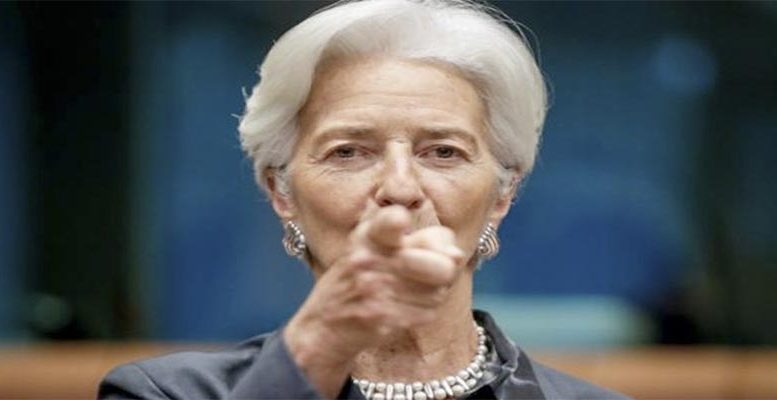Annalisa Piazza (MFS Investment Management) | The ECB hiked policy rates by 50bp and pre-committed to hike by another 50bp in March. The depo rate now stands at 2.50%.
Looking ahead, the ECB is widely committed to keep rates in restrictive territory to reach the inflation target in the medium term. The overall communication by the ECB remains relatively hawkish as the policy stance remains restrictive. That said, the market seems to interpret the lack of commitment beyond the March meeting and the now ‘balanced’ risks for growth and inflation as dovish signals and yields are falling sharply across all the main EGBs curves.
As for the details of QT, a key point is that the €15bn in passive QT will be less than the actual redemption amounts. The remaining reinvestments will be allocated proportionally to the share of redemptions across each QE programme. The ECB also affirmed that predictability would continue to prevail.
Looking at the press conference, we notice a few changes in Lagarde’s comments in comparison to the December meeting. First, the inflation picture seems to be very blurred (there are some positives as energy and supply constraints lessening and some negatives as uncertainties on how long pass-through will persist in core inflation). That said, risks are now more balanced, and we would expect the March projections to show a substantial downward revision. Moreover, financial conditions are seen as tightening considerably and Lagarde has often brought back the weakness of the ECB Lending survey for Q4-22. Lagarde was also very blunt in admitting that policy decisions are a compromise and – this time around – it seems the compromise was to confirm the path for the very new term but leaving the door open for ANY scenario from April onwards.
All in all, the ECB maintained its course of policy hikes today and sees policy rates as the major tool to bring inflation down. The March meeting is a done deal but what lies ahead is far from being clear. The markets see it as a dovish twist.
In terms of near-term catalysts, we note that the ECB is highly data dependent (at least post March) and as such, this ought to raise the prominence of, and market sensitivity to, upcoming wage data and of course, core inflation metrics. Should core inflation persist then ongoing ECB hawkishness remains likely. However, should core inflation show signs of decelerating then doves could be emboldened. All this matters now for the timing of when the market begins to assess rate cuts. At present, rates look like settling around a terminal rate of 3.25% by mid-year. How long they stay there (in restrictive territory amid a weak growth outlook) may well soon become the market preoccupation.





